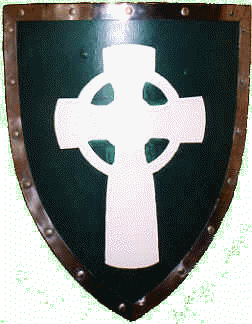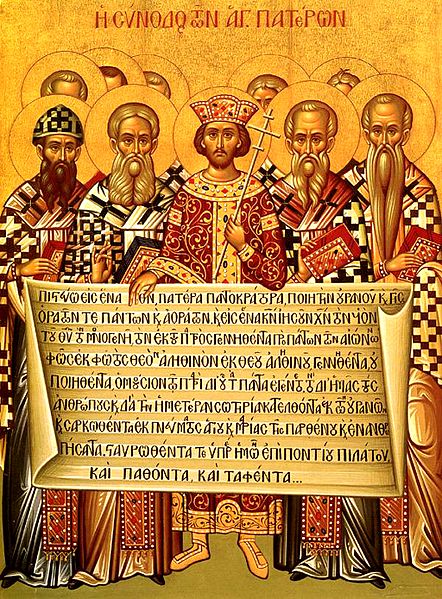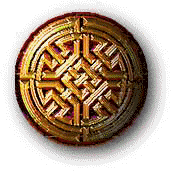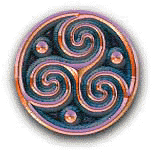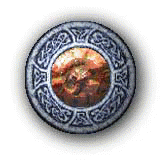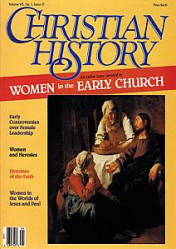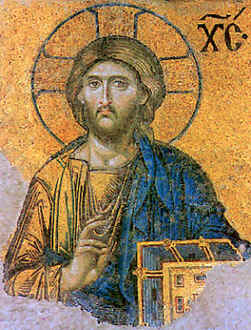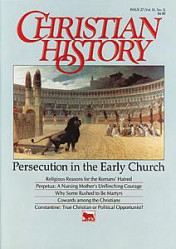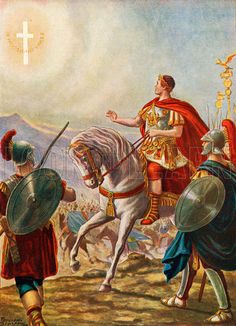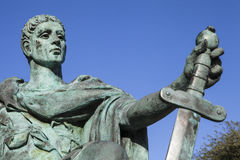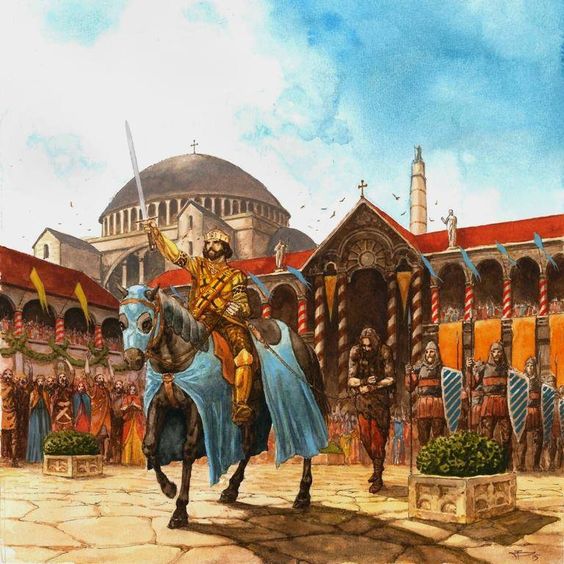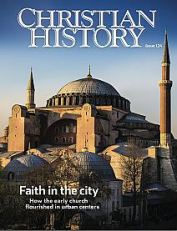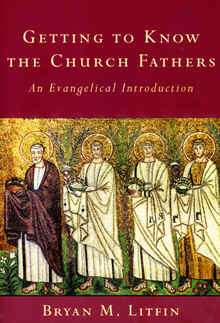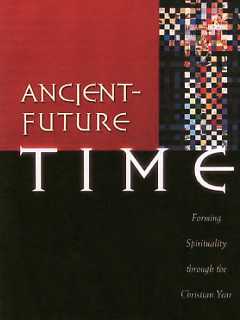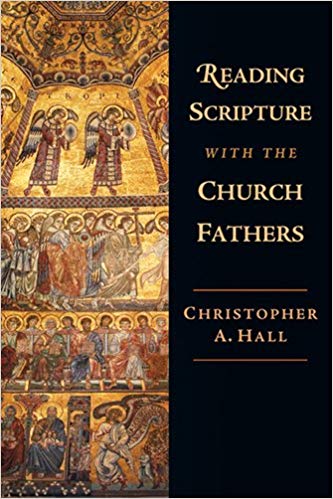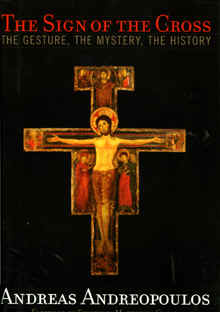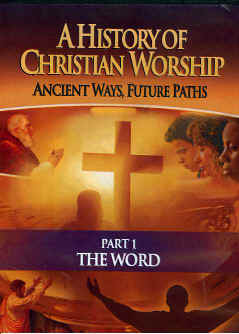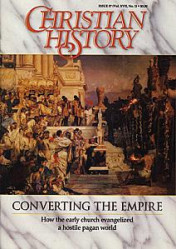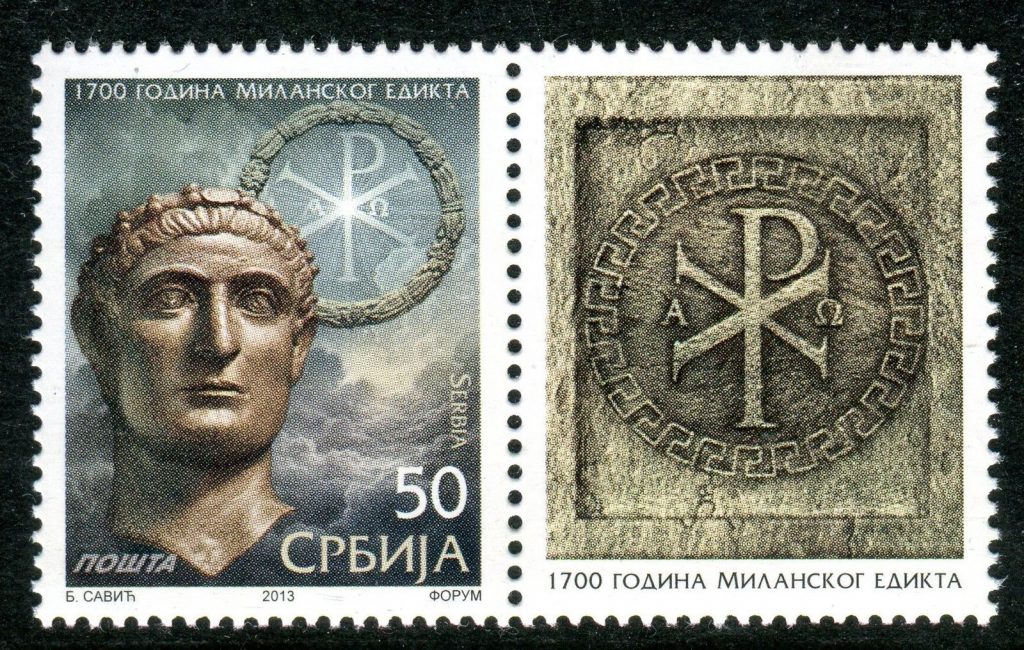
“You that love the LORD, hate evil:
He preserves the souls of his saints;
he delivers them out of the hand of the wicked.”
-Psalm 97:10


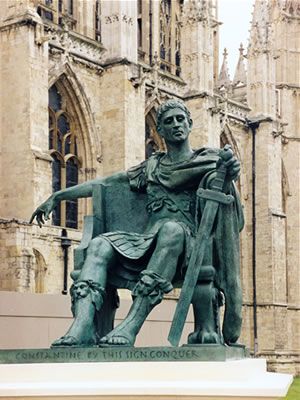
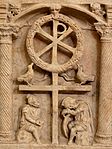
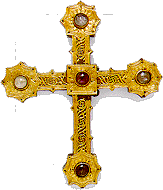
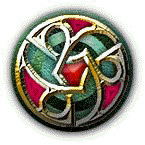
Constantine’s Edict of Milan – 313 A.D.
The Emperor Nero’s Edict making simply being a Christian illegal (a Capital Crime, punishable by death) was Roman Law for 250 years, longer than the United States has been a nation.
The Edict of Milan in 313 A.D. made Christianity legal throughout the entire Roman Empire.
The Edict was issued jointly by the Co-Emperors Constantine Augustus, Emperor of the West, and the reluctant Licinius Augustus, Emperor of the East.
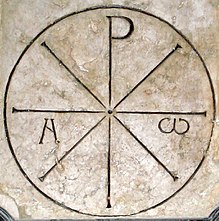

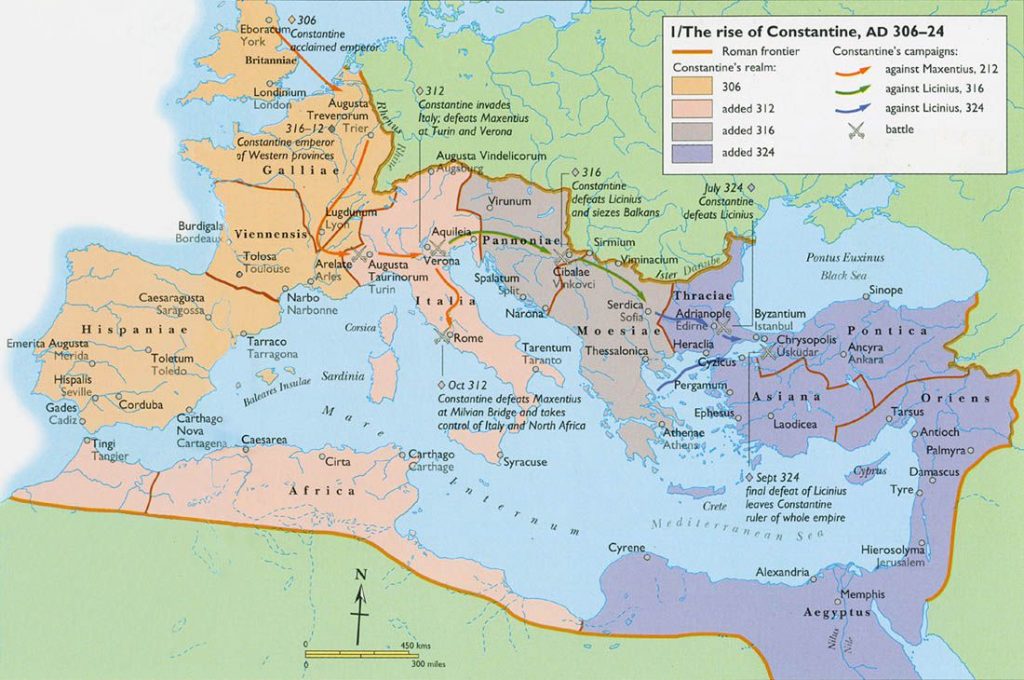
cOnStAntinE'S Edict Of MiLan - 313 A.d.
THE EDICT OF MILAN
When I, Constantine Augustus, as well as I, Licinius Augustus, fortunately met near Mediolanurn (Milan), and were considering everything pertaining to the public welfare and security, we thought, among other things which we saw would be for the good of many, those regulations pertaining to the reverence of the Divinity ought certainly to be made first, so that we might grant to the Christians and others full authority to observe that religion which each preferred; whence any divinity whatsoever in the seat of the heavens may be propitious and kindly disposed to us and all who are placed under our rule.
And thus by this wholesome counsel and most upright provision we thought to arrange that no one whatsoever should be denied the opportunity to give his heart to the observance of the Christian religion, of that religion which he should think best for himself, so that the Supreme Deity, to whose worship we freely yield our hearts, may show in all things His usual favor and benevolence.
Therefore, your Worship should know that it has pleased us to remove all conditions whatsoever, which were in the rescripts formerly given to you officially, concerning the Christians, and now any one of these who wishes to observe Christian religion may do so freely and openly, without molestation.
We thought it fit to commend these things most fully to your care that you may know that we have given to those Christians, free and unrestricted opportunity of religious worship. When you see that this has been granted to them by us, your Worship will know that we have also conceded to other religions the right of open and free observance of their worship for the sake of the peace of our times, that each one may have the free opportunity to worship as he pleases; this regulation is made that we may not seem to detract from any dignity of any religion.
Moreover, in the case of the Christians especially, we esteemed it best to order that if it happens anyone heretofore has brought to our Treasury from anyone whatsoever, from those places where they were previously accustomed to assemble, concerning which a certain Decree had been made and a letter sent to you officially, the same shall be restored to the Christians without payment or claim of recompense and without any kind of fraud or deception.
Those, morever, who have obtained the same by gift, are likewise to return them at once to the Christians.
Besides, both those who have purchased and those who have secured them by gift, are to appeal to the Vicar if they seek any recompense from our bounty, that they may be cared for through our clemency.
All this property ought to be delivered at once to the community of Christians through your intercession, and without delay.
And since these Christians are known to have possessed not only those places in which they were accustomed to assemble, but also other property, namely the churches; belonging to them as a corporation, and not as individuals; all these things which we have included under the above law, you will order to be restored, without any hesitation or controversy at all, to these Christians, that is to say to the corporations and their conventicles: providing, of course, that the above arrangements be followed so that those who return the same without payment, as we have said, may hope for an indemnity from our bounty.
In all these circumstances you ought to tender your most efficacious intervention to the community of the Christians, that our command may be carried into effect as quickly as possible; whereby, moreover, through our clemency, public order may be secured.
Let this be done so that, as we have said above, Divine favor toward us, which, under the most important circumstances which we have already experienced; may, for all time, preserve and prosper our successes together with the good of the state.
Moreover, in order that the statement of this decree of our good will may come to the notice of all; this rescript, published by your decree, shall be announced everywhere and brought to the knowledge of all, so that the Decree of this, our benevolence, cannot be concealed.
From Lactantius, De Mort. Pers., ch. 48. opera, ed. 0. F. Fritzsche, II, p 288 sq. (Bibl Patr. Ecc. Lat. XI). Translated in University of Pennsylvania. Dept. of History: Translations and Reprints from the Original Sources of European history, (Philadelphia, University of Pennsylvania Press [1897?-1907?]), Vol 4:, 1, pp. 28-30. This text is in the public domain.
WHAt A diffEREncE pERSpEctiVE MaKES !
“Among most Evangelical Christians today, the “common wisdom” (opinion) is that the Emperor Constantine’s legalization of Christianity was the ruin of the Early Church.
That as the persecutions ceased, the Pagan population of the Roman Empire rushed to join the now popular Christian Church, while remaining non-Christian in fact, or becoming only the most nominal of Christians.
If you had been a Christian at that time, you would have lived your entire life before 313 A.D. in fear that at any moment you and your family could be discovered to be Christians.
This discovery would result in you and your family; even two and three year old children; then being executed as enemies of the State: burned to death or ripped apart by starved lions and leopards to provide entertainment for a bloodthirsty pagan public.
And you would know that this had been going on for 250 years. There would be no reason for you to think that it would not continue for hundreds of years more.
I think that you would have had quite a different view of Constantine than that of most Evangelicals today, and regard Constantine’s Edict of Milan rather as an almost unbelievable answer to prayer: hundreds of years of the prayers of persecuted Christians.
In fact, many of the Christians who were actually living when Christianity was made legal, were of the opinion that with the issuing of the Edict of Milan, and the end of persecution, that the Millennium (the 1,000 year reign of Christ) had arrived.
They believed that the legalization of Christianity was evidence that Christ was now ruling the Earth, and that His Return (Second Advent) would therefore occur in exactly 1,000 years, in 1313 A.D.
This was the view of no less a Christian than St. Augustine of Hippo, the leading Theologian in the West during this time period.
Of course, we now know, with the passage of time, that they were wrong in this “common wisdom” (opinion) of their era, but can you really blame them for holding it?”
-Lay Monk S.G. Preston
EMpEROR COnStAntinE the GrEAt (QuOtE):
“This is certainly the Will of the Supreme God, who is the Author of this world and its Father,
(through whose goodness we enjoy life, look up to heaven, and rejoice in the society of our fellow-men)…
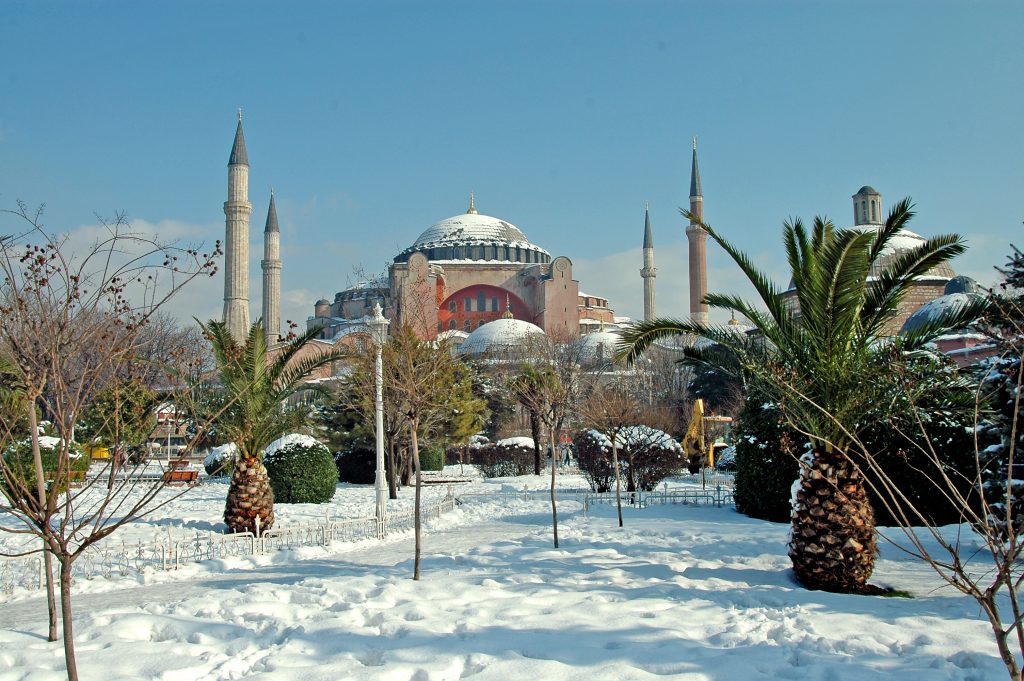
…that the whole human race should agree together and be joined in a certain affectionate union by, as it were, a mutual embrace…
Let us…my Brothers, follow after the things that are ours, let us walk in the way of the Commandments; let us by good actions keep the Divine Precepts,
let us free our life from errors and with the help of the mercy of God, let us direct it along the right path.”
______________________________
-From the Letter of the Emperor Constantine to the Numidian Bishops
This Website: PrayerFoundation Evangelical Lay Monks ™ Built by: S.G. Preston Ministries ™
Copyright © 1999-2024 S.G. Preston. All Rights Reserved.
Photos & Text Copyright © 1999-2024 S.G. Preston. All Rights Reserved.
